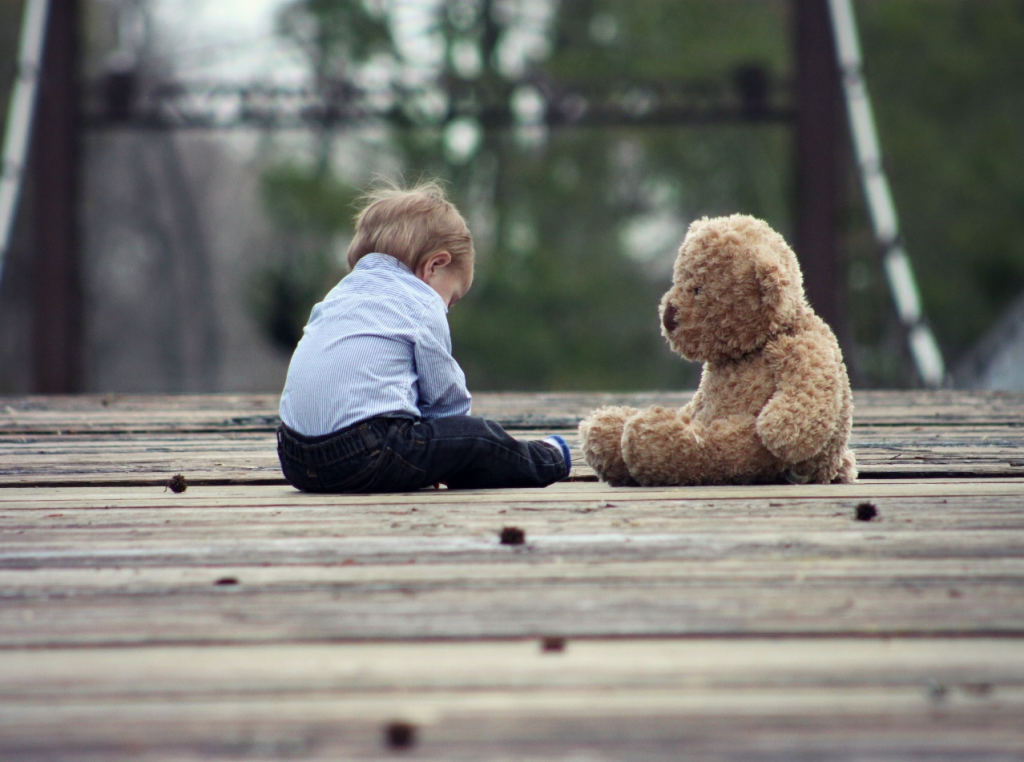
3 Ways You Can Identify Effects of Childhood Trauma
Children who grow up in unstable households and environments may learn coping mechanisms that help them survive and go about their daily lives. They could become highly perceptive to other people’s moods and constantly be on the lookout to see how adults are acting around them.
E-books on mental health indicate that these children often hide their true emotions, never letting people know if they’re sad, scared, or mad. These behavioral responses make sense when there are constant risks to one’s bodily or mental well-being. Such behaviors can be detrimental as a child gets older and wants to develop relationships. They will not know how to react in a setting where they are safe and loved. Kids may experience complex trauma in a variety of ways. Following are a few typical effects.
Attachment Issues
No one should underestimate the effect a strong bond with a caretaker has on a child. Children can trust others, control and communicate their feelings, and engage with other people in a healthy manner depending on their relationship with their caregivers.
Books on mental health show that by interacting with these figures, they can build their worldly perception and appreciate themselves as unique individuals. If a primary caretaker is abusive and takes advantage of a child, they will view the world as a dreadful and scary place.
Many children who have been neglected and mistreated struggle to form a solid or healthy bond with a prominent attachment figure. They struggle with emotion regulation and expression, leading to violent or unstable reactions. A person who has experienced complex trauma as a child may face challenges in their love life or while dealing with authoritative figures like professors and cops.
Bodily Effects
Environmental factors influence the healthy biological process to some extent. The body’s immune system and stress hormone mechanism may not be able to fully develop in a child who experiences fear, chronic stress, or high stress during their early years.
As they grow up, their systems would react as if it was experiencing tremendous stress when they are only exposed to normal amounts of stress. When faced with stressful events, a person may exhibit strong physiological reactions, like fast breathing, fast heartbeat, or even face a complete “shut down”. This means they either overreact or under react to sensory cues.

Behavioral Issues
A child who has experienced multiple complicated traumas is more prone to be readily “set off” and responds with great intensity.
True stories on mental health have shown that such kids may have trouble controlling their emotions, display impulsive behavior, or don’t consider the effects of their actions before taking them.
Children who have had several traumas may exhibit aggressive, rebellious, unstable, and explosive behavior. Mental health books show that children who grew up with trauma act defensively with any authority figure. This is because they fear being controlled, abused, or taken advantage of by these adults.
If you’re looking to read detailed accounts of how traumatic childhoods can impact you as an adult, read Luis Trivino’s “A Notebook Of Love“. He pens his true stories on mental health, his time as a U.S. Army Veteran, and his marriage. Get your copy today!
